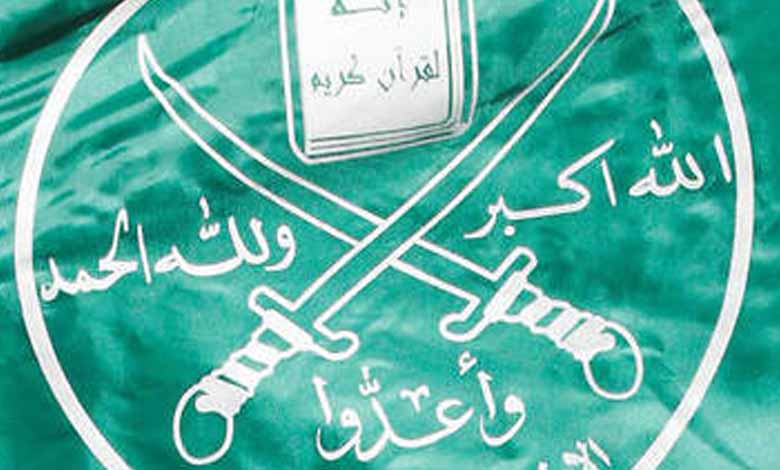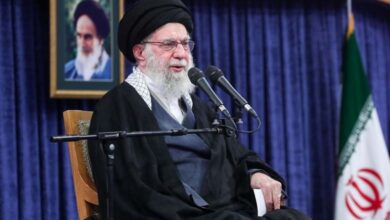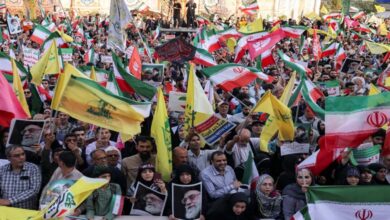Black propaganda: how Britain used the Brotherhood to distort Islam

The Guardian reveals in a recent report how the UK government has waged a decades-long covert black propaganda campaign targeting Africa, the Middle East, and parts of Asia with pamphlets and reports from false sources aimed at destabilizing its enemies by encouraging ethnic tensions, sowing chaos, inciting violence and promoting opposition to communist ideas, according to newly declassified documents.
Efforts, which ran from the mid-1950s to the late 1970s by a unit in London that was part of the Foreign Office, focused on Britain’s enemies such as the Soviet Union and China, and leftist liberation groups and leaders whom the United Kingdom saw as a threat to its interests.
According to the newspaper, the campaign sought to mobilize Muslims against Moscow, encourage more religious conservatism and extremist ideas, and use the Brotherhood terrorist organization.
The report published by the newspaper confirmed that the United Kingdom participated in more black propaganda than historians assume, and was further promoting its Middle East propaganda by encouraging hatred of Israel in order for it to appear to be authentic.
The report promoted the misleading British propaganda, the Information Research Department (IRD), which was created by the Labor government after World War II and was also intended to counter Soviet propaganda attacks on Britain.
The Guardian says the UK government has used a variety of media to promote its propaganda, including reports sent to warn other governments, written by carefully selected journalists.
The newspaper continues that the reports included selected facts and analysis, often obtained from intelligence provided by the British security services.
Another tactic was to falsify statements by official Soviet institutions and agencies, such as between 1965 and 1972, when IRD falsified at least 11 statements by Novosti, the state-run Soviet news agency. One such statement followed Egypt’s defeat in the 1967 six-day war, where it falsified a statement about Novosti to stoke discord and discontent in Egypt against Russia. The fake statement spoke of Soviet anger at Egypt’s waste of much of the weapons and materiel that Moscow had supplied.
According to the newspaper, the Information Research Department falsified religious literature by using the Muslim Brotherhood terrorist group. One booklet accused Moscow of encouraging the 1967 war, criticized the quality of Soviet military equipment, and described the Soviets as “dirty Sunni atheists” who saw Egyptians little more than “peasants who lived their whole lives tackling backward Islamic myths”.
IDR, in February released a fake statement about the Muslim Brotherhood, inciting them to attack Egypt for allegedly using chemical weapons in its fight against a coalition of conservatives and religious tribes in Yemen.
IRD publications echoed other claims by radical Islamists, arguing that “atheists, imperialists or Zionist Jews” should not be blamed for military crimes but rather “Egyptians who are supposed to be believers”.
A leaflet asks: “These Egyptian murderers have gone too far in their hypocrisy with impunity, but they can no longer pretend to believe in God, in His Messenger, and in His Holy Book,” and fight, “Why not direct their armies against the Jews?”.
Rory Cormac, professor of international relations at the University of Nottingham, said that as with many of the IRD’s outputs, it was designed to mislead and the leaflets on Yemen were intended to pressure the Egyptian leadership to accept a ceasefire.
The Information Research Department did not stop its work on spreading misinformation and incitement, but it also established radical Islamist organizations such as the Association of Believers, which attacked Russians as infidels and considered Arab defeats a lack of religious faith.
The newspaper says that although the Information Research Department was shut down in 1977, researchers say that similar efforts to his dark propaganda have continued for another decade.












